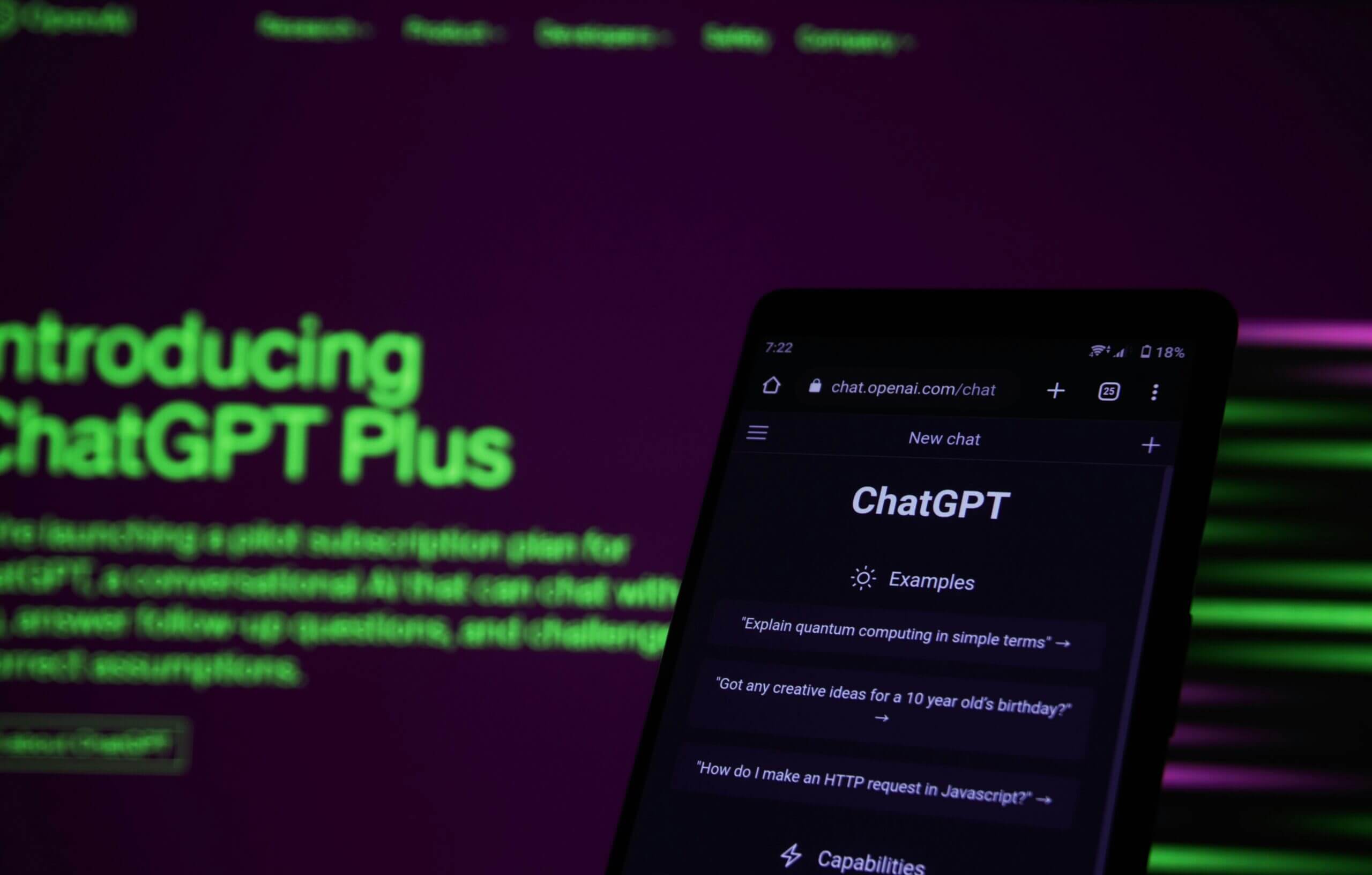The boardroom has long been a bastion of human experience and a blend of skills where strategic thinking, emotional intelligence, and decisive leadership reign. But many boards are considering the potential, and indeed risk, of Generative AI for their roles, and their organisations.
While visions of robots taking over the role of boards is an extreme image pained by some, the reality is far more nuanced. Although, this rapidly evolving technology is poised to reshape the talent landscape for leadership and senior roles, not through hostile takeover, but through augmentation and collaboration.
In this report we explore the potential of this transformation, exploring its impact on demand, hiring strategies, challenges, and the future it holds.
The Generative AI Market
Let’s start with some stats which set the scene on how much Gen AI is hitting the global economy:
- The global GAI market is expected to reach $51.8 billion by 2028, growing at a staggering 35.6% CAGR.
- GAI startups raised $2.6 billion in 2022 and $1.7 billion in Q1 2023 alone.
- 37% of advertising & marketing, 35% of tech, and 30% of consulting professionals report experiencing GAI disruption.
Shifting Sands – Redefining the Leadership Skillset
Generative AI’s core strength lies in automation. Repetitive tasks, data analysis, and even content creation are ripe for its transformative touch with platforms such as Gemini and Chat GPT being available to consumers to show the potential of its capability. 73% of marketers use Generative AI tools for content creation, including 39% of them extending this to image creation. The utility of these platforms frees up the valuable time and mental energy of leaders, allowing them to focus on the “human edge”:
- Strategic Vision and Innovation: AI can synthesise vast amounts of data, identifying trends and uncovering hidden opportunities. Leaders can then leverage this insight to craft bold strategies and foster a culture of innovation.
- Empathy and Emotional Intelligence: While AI can analyse sentiment, it cannot truly understand human emotions. Leaders skilled in building rapport, providing meaningful feedback, and navigating complex interpersonal dynamics will remain irreplaceable.
- Decision-Making with a Human Touch: AI can suggest optimal solutions based on data, but the final call rests with the leader. Their ability to weigh ethical considerations, consider long-term ramifications, and make bold choices will set them apart.
Beyond Automation – New Roles and a Broader Talent Pool
While automation might seem like a threat to some, it simultaneously creates new opportunities. For example, a whole new breed of functional expertise and even entire industries is created by its evolution, such as those specialising in:
- AI Implementation and Governance: Guiding the integration of AI tools into existing workflows and ensuring their ethical and responsible use. 67% of consumers are concerned about the potential misuse of AI tools and 56% of executives who contributed to one PWC study said they wanted government regulation of AI.
- Data Strategy and Insights: Unlocking the power of data through analysis and storytelling, translating complex information into actionable insights for leaders.
- Human-Machine Collaboration: Bridging the gap between AI and human capabilities, ensuring seamless collaboration and maximising the combined potential.
Furthermore, Generative AI creates a more globalized talent pool. Remote-friendly AI tools allow companies to tap into previously inaccessible talent, fostering diversity and enriching leadership teams with unique perspectives.
Upskilling – Skills Take Center Stage
The days of solely chasing experience might be numbered. 75% of CEOs say that AI will increase their company’s competitiveness but only 38% feel that their organisation is prepared for Generative AI adoption – leaving a large void which needs to be filled with talent who can implement these changes. As AI automates tasks traditionally associated with seniority, companies will increasingly seek candidates with specific skills – together with leadership who is open to change and transformation:
- AI Literacy: Understanding the capabilities and limitations of AI, knowing how to ask the right questions and interpreting its outputs.
- Adaptability and Continuous Learning: Embracing change and actively seeking new knowledge to stay relevant in a rapidly evolving landscape.
- Problem-Solving and Critical Thinking: Identifying complex challenges, devising creative solutions, and evaluating ethical implications.
Data-driven recruitment tools utilising AI can assist in this shift, identifying candidates with the right skills and cultural fit through objective assessments and analysis. This can help reduce bias and increase the efficiency of the hiring process. Executive Search Firms are likely to utilise more technology to inform their decision-making and assessment themes when matching talent to the strategic objectives of their clients.
Embracing the Human-AI Partnership
While the potential of Generative AI is undeniable, navigating this new landscape isn’t without its challenges:
- Ethical Considerations: Transparency, fairness, and responsible use of AI are paramount. Building trust and mitigating potential discrimination will be crucial to ensure societal harmony and responsible leadership.
- Human-Machine Collaboration: Finding the right balance between leveraging AI’s strengths and maintaining human judgment and oversight is essential. Effective training and communication will be key to fostering seamless collaboration.
- Upskilling the Workforce: Equipping current leaders with the necessary AI skills to seamlessly adapt to the changing landscape will be crucial for a smooth transition. Companies must invest in comprehensive training programs to bridge the knowledge gap.
However, these challenges also present exciting opportunities. Organisations that embrace AI responsibly and invest in the right talent and training will unlock a future of:
- Enhanced Decision-Making: AI-powered tools can provide real-time data insights and scenario simulations, informing strategic choices with unparalleled accuracy and depth.
- Personalised Leadership Development: AI can analyse individual strengths and weaknesses, offering insights for targeted coaching and mentoring programs for accelerated leadership growth.
- Engaged Workforce: AI tools can facilitate personalised communication and feedback, developing a more connected and motivated workforce.
Leading into the Future
The future of leadership doesn’t lie in automation but in collaboration. Generative AI won’t replace human leaders; it will empower them to perform better – but there may well be less of them required. Imagine a boardroom where:
- AI instantly analyses market trends, highlighting potential risks and opportunities, while the CEO uses their experience and intuition to craft a winning strategy.
- AI identifies individual employee strengths and challenges, prompting the manager to provide targeted coaching and personalised development paths, developing a culture of continuous learning and growth.
- AI automates mundane tasks like scheduling meetings and generating reports, freeing up the time for leaders to have meaningful conversations with their teams and build trust.
This is just a glimpse into the potential future of Generative AI-powered leadership. While the exact nature of the future remains yet to be seen, one thing is certain: leaders who embrace this technology, cultivate the necessary skills, and prioritise ethical and responsible implementation will be the ones to shape the organisations of tomorrow.



